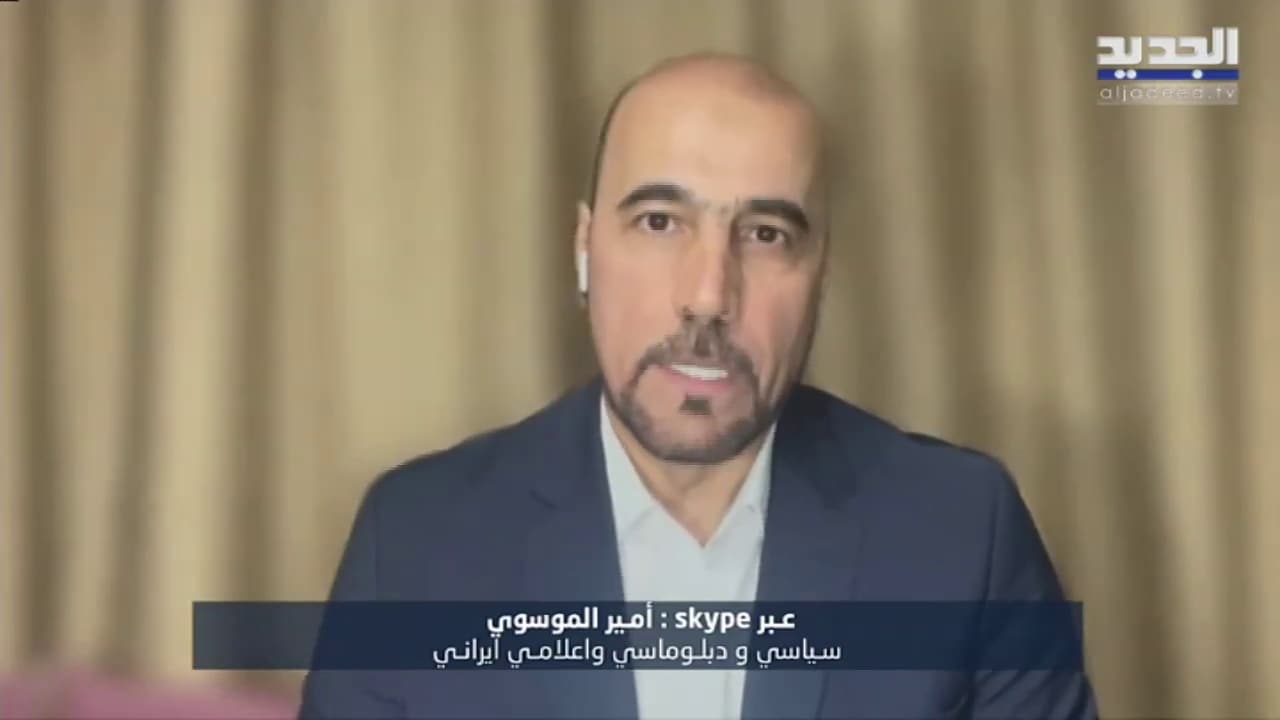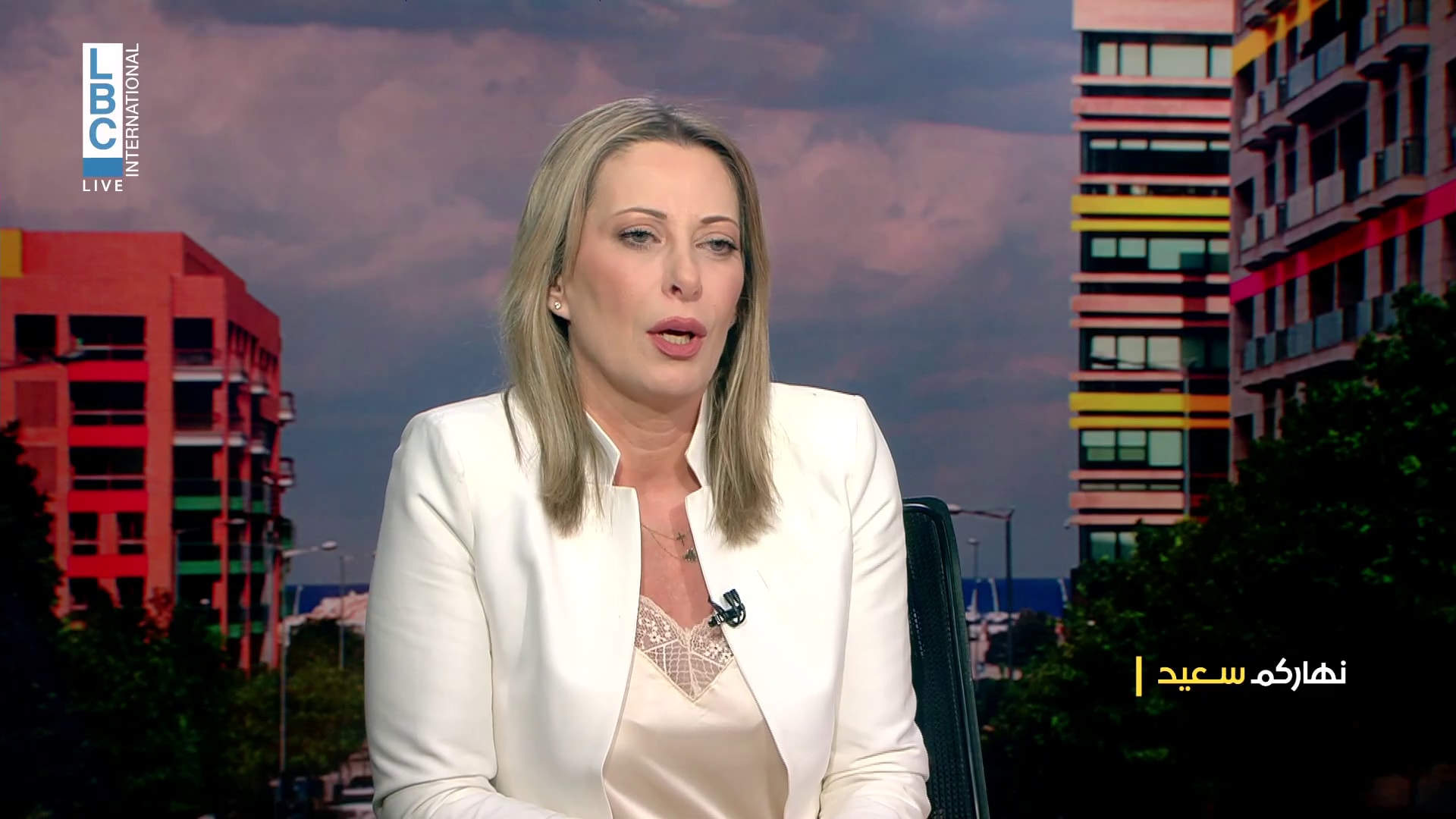
In a February 12 interview with the U.K.-based Hiwar TV, affiliated with the Muslim Brotherhood, Tunisian Parliament Vice-President Abdelfattah Mourou, the co-founder of Ennahdha Party, said that the Arabs and the Muslims would be better off accepting the Sykes-Picot agreement than watching their countries "being shattered to pieces." He challenged the common Islamist notion of martyrdom, saying: "Our goal is not to die. Our goal is to live." Mourou claimed that Hassan Al-Banna’s principles from 1934 could not determine life in 2016. He criticized the confrontational approach of the Egyptian Muslim Brotherhood and the attempt to "school" the people. "The people are nobody's schoolchildren," he added.
Abdelfattah Mourou: "At the mosques, we preach about honor, trust, and honesty, and about one's duties toward one's parents, but we do not guide people and make them face their responsibilities. In some cases, we even patronize them. We judge them according to their faces, their beards, their clothes, and the number of rakat they perform during prayer. We should judge people according to their patriotic conduct, and what they do for the sake of their country and their people.
[...]
"My focus today is on the national enterprise. I refuse to let my country interfere with what I eat, drink, or wear, and to let all my needs be determined by others..."
Host: "Doesn't this mean that you acknowledge the Sykes-Picot agreement and the current borders?"
Abdelfattah Mourou: "Why not accept it? It's better than watch[ing] our country being shattered to pieces before our very eyes. Don't you see what is happening in Syria? In Iraq? In Yemen?"
Host:"Yes, if we accept this...But what if there is a [new] Sykes-Picot agreement, which will divide what is already being divided? Will each of us then care only about his small part?"
Abdelfattah Mourou: "Today, holding onto your country is your weapon against partition. There are people who want to divide Syria into its various faiths and races. Our only way to confront them is with national citizenship and patriotism. Our only way to confront those who divide Iraq into Sunnis and Shi'ites, Kurds and Arabs is by adhering to our country and its borders. This is essential.
"When the Prophet Muhammad moved from Mecca to Medina, he considered Medina to be his [new] homeland. Even when he conquered Mecca, and the people of Mecca invited him to return, he preferred the country that he himself had established."
[...]
Host:"You say that the legitimacy of [former Egyptian president Muhammad Morsi], who won 70% of the votes in the elections, still depends on his accomplishments. This runs counter to the norms of democracy."
Abdelfattah Mourou: "Winning elections does not mean that you can exercise a ruling monopoly. You should cooperate with others in order to gain achievements. This is a national Egyptian enterprise, or a national Tunisian enterprise, in which the Copts play a role, the Muslims play a role, the unitarians play a role, and the atheists play a role. This is their enterprise too. We can't always be in charge of every change in our country, and make people feel as if they are being schooled by us. The peoples are nobody's schoolchildren. Just as they rejected the guardianship of [former Egyptian president] Mubarak, they reject the guardianship of the Islamists. I'm not accusing the Islamists of trying to become the people's guardians. I'm just warning them not to treat people with this mentality."
[...]
Host: "Whatever happened to your notion of sacrifice for the sake of your enterprise? What about the notion of having your blood spilled? Of being imprisoned? What about the notion of success through tribulations? These are among the basic notions of the Islamic movements."
Abdelfattah Mourou: "Sir, I don't wish to be killed! I don't wish to have my blood spilled, and I don't wish to be imprisoned! If this is done to me against my will, I shall persevere to the best of my ability. But our goal is not to die! Our goal is to live!"
Host:"Wasn't it Hamza, the Chief of Martyrs, who said a word of truth before an oppressive ruler?"
Abdelfattah Mourou: "And for that we are supposed to send the youth of our nation to die today?! This is an erroneous understanding of that text. Our goal is to defend our existence. Today, there are numerous means at our disposal to defend our existence. I believe that if this conflict continues, it will annihilate us along with our rivals. Do you enjoy watching what is going on in Egypt today? Egypt is the great country, under whose leadership we could have coped with the transformations in the region. But it doesn't play a role anymore because of its domestic issues."
[...]
Host: "If some Egyptian politicians came up with a political initiative to reach a reconciliation between the Egyptian Muslim Brotherhood and Abdel Fattah Al-Sisi, and the [MB] prisoners were released, and things turned to normal – would you consider this to be an acceptable political option?"
Abdelfattah Mourou: "This is up to the Egyptians. Abdel Fattah Al-Sisi is part of the Egyptian political landscape, and his political conduct is pluralistic. Even if he acts on his own, he is pluralistic.
[...]
Host:"So you consider this option to be politically acceptable? – "
Abdelfattah Mourou: " – What option?"
Host: "– The option of reconciliation, the release of the prisoners, and the restoration of political life?"
Abdelfattah Mourou: "Why not? But I am not active on the Egyptian scene, and I do not know what is plausible and what is not. The Egyptians are the ones who have the say in this.
[...]
"[Tunisia] is a small country. You people talk about Tunisia all the time...There are 10 million people in Tunisia. That's one-third of the population of Cairo. We cannot serve as an example to be followed by others, but Egypt is a model for the entire region, and this is why the success of Egyptian reconciliation is a historical certainty. Egypt cannot live without.
reconciliation."[...]
"I do not advise the [Egyptian MB] to disengage from politics, but the people engaging in da'wa should not be the same as those engaging in politics. I do not think that the Islamists in Egypt, especially the Muslim Brotherhood, should disappear from the political landscape. They should stay, but they must pay in the currency determined by reality.
"Today, there is a new currency, which has to do with caring for the people, educating them, and responding to their social needs. Only then can we move on to a [political] enterprise that will be realistic. We have been calling for so long for an Islamic enterprise, but have never specified its characteristics, beyond some vague general principles.
Host: "Didn't [MB founder] Hassan Al-Banna specify general principles..."
Abdelfattah Mourou: "Al-Banna could not have determined in 1934 the principles of life for 2016."













